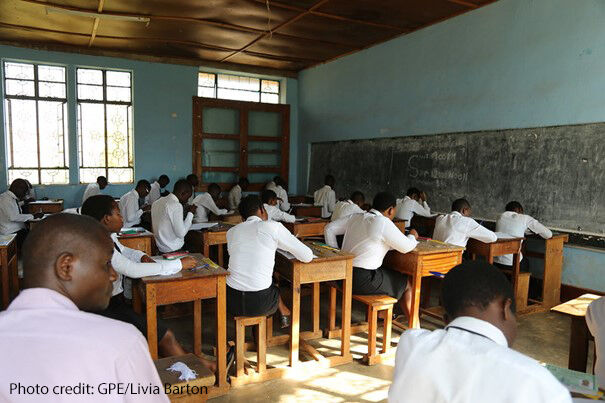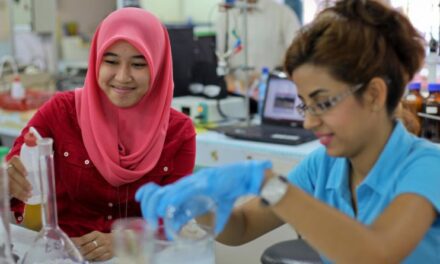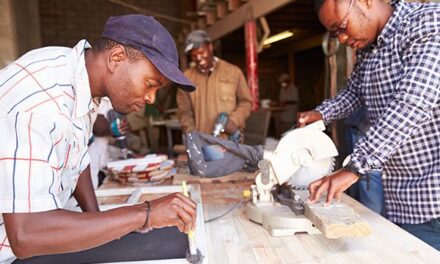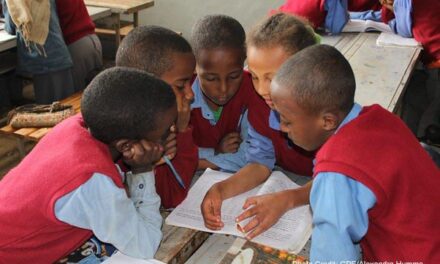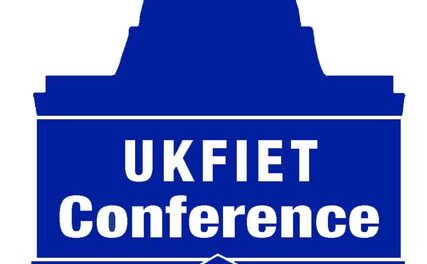This article was written by Gustavo Henndel Lopes, Researcher, and Katarzyna Kubacka, Head of International Education and Development at the Centre for International Education (CIE) of the National Foundation for Educational Research (NFER). They carry out a range of research, evaluation, analysis, capacity strengthening and related activities in International Education and Development. Their work focuses on areas like systems and structures, equity and inclusion, teaching and learning, educational technology, and educational assessments.
This blog discusses NFER’s recently published research report ‘Inspections and improvements in Ugandan secondary schools – an analysis of policies and practices.
Education is complex and shaped by a multitude of factors, including socioeconomic and political dynamics, in addition to those within the education systems themselves. Our research explores the use of Political Economy Analysis (PEA) to examine complex issues in education, such as the potential for driving secondary school improvements through school inspections in Uganda. Despite being underused in the education sector, PEA is an effective approach for dealing with such topics. Our study provided several insights into how best to adapt PEA for educational research. Our recommendations include:
- Aim for a multi-faceted, cross-sectoral, balanced understanding of the research issue.
Instead of narrowing the research to purely educational topics, our approach focused on broader social, economic, and political factors. In this view, secondary school inspections and improvements are influenced by both internal and external dynamics. Based on this understanding, a political economy analysis (PEA) framework was used to explore interactions between structural, institutional and stakeholder factors around the research topic[i] and the interdependencies between the educational contexts of policy influence, formulation, and implementation. We found that post-inspection improvements in a typical Ugandan secondary school commonly hinge on extensive coordination of education actors, from the school to ministry level. This underlines the importance of a whole-system approach to school improvements.
- Gain contextual understanding and seek the perspectives of local stakeholders.
We reviewed 45 secondary sources, spoke to 15 stakeholders with in-depth local knowledge and implemented an iterative, collaborative process to make sense of the impressive amount of data and insights gathered. Through this methodological approach, based on contextually specific considerations, we formed an understanding of secondary school improvements that focuses on the needs, facilitators, and barriers facing Uganda’s schools and secondary school inspection system. This way of looking at inspection effectiveness emphasises the role of school improvement processes alongside a well-resourced inspection system. This perspective helps educational planners to consider the constraints and drivers of improvements in different types of schools, particularly the most disadvantaged.
- Use political economy analysis (PEA) to examine and inform existing interventions.
Our research also looked at the Inspect and Improve (I&I) programme, an ongoing intervention aimed at secondary school inspections and post-inspection improvement processes in Uganda. I&I was developed in 2019 by the UK-based educational charity Promoting Equality in African Schools (PEAS) and Uganda’s Directorate of Education Standards (DES) to improve school management and leadership in Ugandan government secondary schools. The programme started as a small benchmark pilot and seeks to increase its reach across the country and within the Ugandan government.
That said, our research found that any large programme scale-up should consider concerns among local stakeholders about the participation of international organisations historically involved in private education. Ensuring equity and inclusion tends to be at the core of the concerns around non-state actors’ involvement in education. Hence, I&I’s continued commitment to the right to quality education for all learners could be a key facilitator of wider stakeholder engagement. More generally, a PEA-informed approach helps to identify how change can realistically happen, informing programme decisions and supporting scenario planning so programmes can adapt to the local context.
Our study demonstrates the use of PEA in researching education systems and interventions, making a strong case for this approach as a way of highlighting complex interdependencies between educational and wider social, economic, and political dynamics. This is often termed ‘Thinking and Working Politically’ (TWP), of which PEA is an example. Tailoring PEA approaches to specific research needs helps to generate actionable insights that are grounded in educational and wider-system aspects.
If interested in discussing this topic more, you are encouraged to come to the session ‘Financing for scale, sustainability and equity; value for money , results based financing and local participation’ at the UKFIET conference in Oxford on Wednesday, 13 September, 11:00am-12:30pm in the East School, Examination Schools.
[i] The Policy Practice (TPP) and Overseas Development Institute (ODI) (2021) Political Economy Analysis in Action training course. [Training materials used throughout the 2021 course; unpublished].

